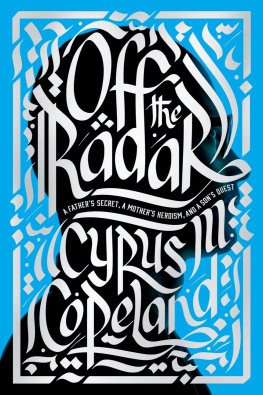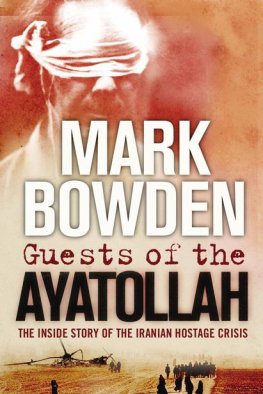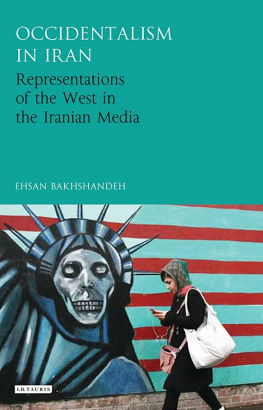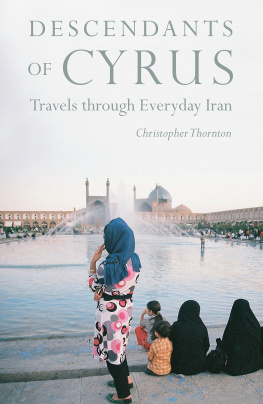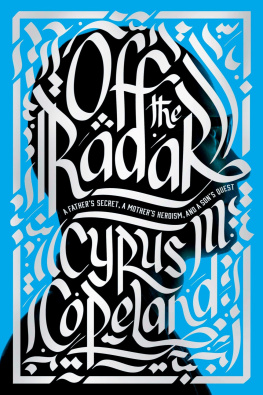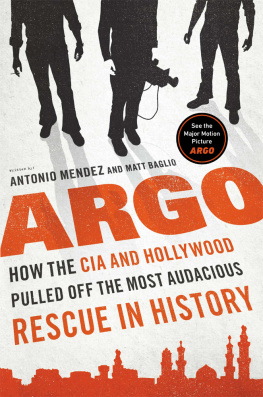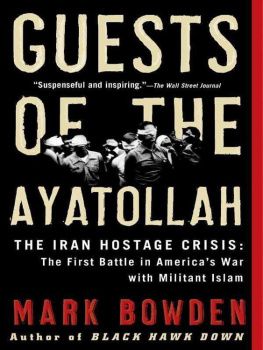A LSO BY C YRUS M. C OPELAND
Penguin supports copyright. Copyright fuels creativity, encourages diverse voices, promotes free speech, and creates a vibrant culture. Thank you for buying an authorized edition of this book and for complying with copyright laws by not reproducing, scanning, or distributing any part of it in any form without permission. You are supporting writers and allowing Penguin to continue to publish books for every reader.
Blue Rider Press is a registered trademark and its colophon is a trademark of Penguin Group (USA) LLC
We are always saying farewell in this world, always standing at the edge of loss attempting to retrieve some memory, some human meaning from the silencesomething which is precious and gone.
P ROLOGUE
PHILADELPHIA, 2012
Maxs Radar Affair, the handwriting across the file said. I recognized my mothers cursiveas well as her flair for drama. The story contained in this file had all the markings of a classical affair. Secret meetings. Unaccounted-for hours. Divided loyalties. For thirty years, the file had lain dormant at the bottom of this boxwhich had followed us Copelands from Iran to Pennsylvania, through four suburban homes, to the dusty corner of the library where it now resided. In a strange way, I believe it was my fathers will that I found the file. Last week, a land prospector called with news of mineral rights that once belonged to my dad. Theyre yours if you can prove ownership, she told my mother, who promptly dispatched me to the study to locate my fathers will. I was buried deep in the wilderness of boxed diplomas, old address books, photos, tax files, and receipts, when from the bottom of a box of relics, the past coughed up a different nugget.
Open it, my mother said. Into our laps spilled several documents. The first was a newspaper clipping dated November 27, 1979.
Cia Agent Smuggling Radar Equipment Caught
November 27, 1979
TEHRANThe Revolutionary Guards here arrested a CIA agent who was trying to smuggle eight console radar machines to the United States. Max Copeland, whose nationality was not identified yet, had booked eight boxes of radar equipment belonging to the Iranian Air Force at Mehrabad customs destined for the United States...
A succession of other documents fell from the file, their pages delicate and crisped by time. There was a formal rebuttal written by my father disputing the charges. An affidavit from Secretary of State Cyrus Vance. A packing list. A long letter from my mother to Iranian president Banisadra review of which brought tears to her eyes.
You know, of course, your father was a CIA agent, she said.
It was not the first time Id heard her say this. I suppose a review of salient facts did suggest a career in intelligence: low-profile jobs in defense and high-tech industries. Broad knowledge of Iran. And he was caught up in an international incident that somehow never got any play beyond those couple paragraphs in the Tehran Times. But a CIA agent? I remembered him as an academic whose greatest hours were spent in the company of books. A hunter. A mindful adventurer who could never quite get enough of mountain ranges, seascapes, and the oddities of different cultures. It irked me, hearing her call Dad a spy.
Tell me about Dads arrest, I said.
Why must we talk about the past when you know it gives me a headache? she repliednever mind that the past was all around us, splayed out in an accordion of yellowed documents. Anyway, havent you heard this story enough times?
I knew the tale well enough, but somehow it had never sat right. My father was too sincere to traffic in government secrets. His love for Iran was genuine. But ever since the CIA had organized a revolution in 1953, Iranians have come to distrust the motivations of Americans. Just a couple of years ago, three American hikers had been accused of espionage after inadvertently crossing into Iran. It was of course a perfectly ridiculous claimevery bit as absurd as their choice of destinationbut it prompted my mother into her latest act of volunteer diplomacy. She drew up a letter to Hillary Clinton offering personally to negotiate their freedom.
I sacrificed much more for your father, a real-life spy, so why shouldnt I defend these innocents? she said.
It didnt cross her mind that at eighty, she might no longer have the connections needed to pull it off. But even today, you cannot underestimate her.
Sadly, she did not hear back from Secretary of State Clinton. Or maybe she never got around to mailing the letter. But that afternoon for the gazillionth time, she recounted the events leading to my fathers capture and resulting trial.
Through the years, with each retelling, I felt a deeper regret that I didnt know my father better. All children have unresolved questions about their parents, of course, but this was no trifling matter. Was he a spy? Then it struck me: I had a file on my father. If he had been a CIA agent, theyd have a file on him, too.
That week, in a bid to put the past to rest once and for allfor myself and my mother and sisterI filed a Freedom of Information Act request with the CIA. Passed into law by President Clinton, the act allows previously classified documents that were more than twenty-five years old to be released. If my father were a CIA agent, his file would certainly meet these guidelines. A dead agent doesnt worry about his cover being blown, right? I also filed inquiries with the FBI, the Department of Defense, the State Department, and President Carter. A flurry of letters flew out into the world, each a bid to open my fathers long-dormant past. I held out hope that someone, somewhere knew somethingand, like the file Id unearthed, that thing would fall gracefully into place.
Which just shows you how much I know about the world of intelligence.
While waiting for responses to come in, I began writing this book. My mothers story is easy to tell for she is an ardent, often glittering storyteller. My fathers was trickierthe dead tell no tales. He was a notoriously private man. The story of his capture, imprisonment, and trial I pieced together from journals, notes, memories, and shards of conversation I recall from quieter moments. But much of his interior life and motivations had been shrouded from me.
While writing, a curious thing happened. At times I heard his voice in my head, which was lovely and disconcerting. I began to feel closer to him.

